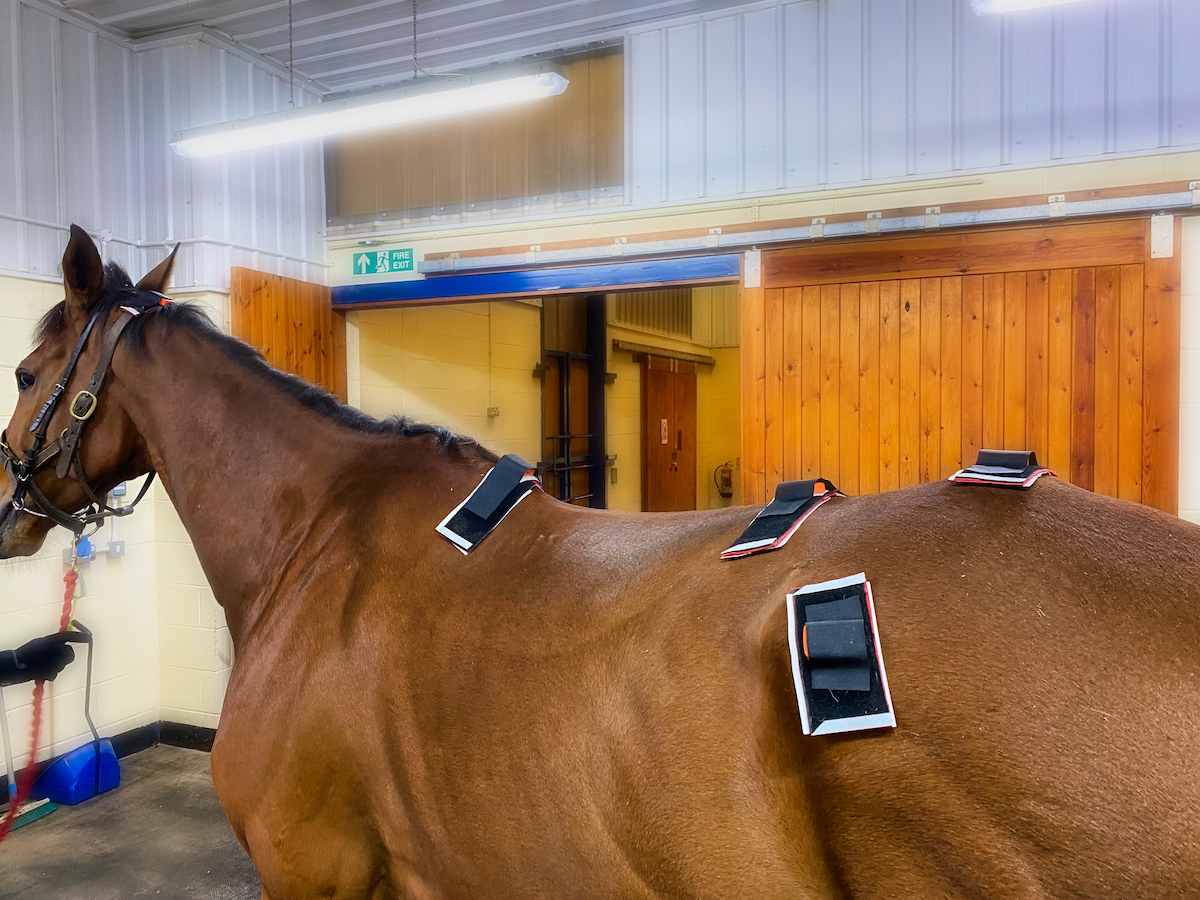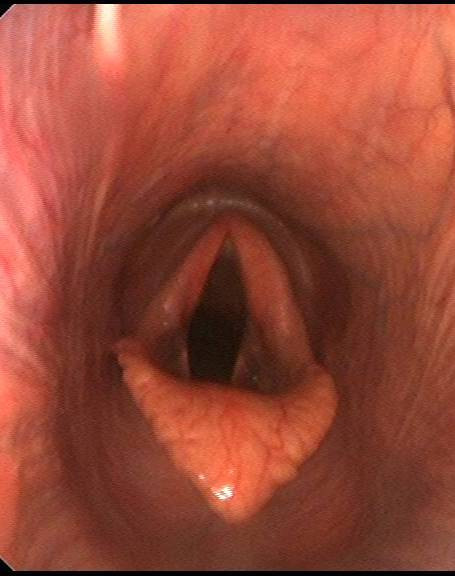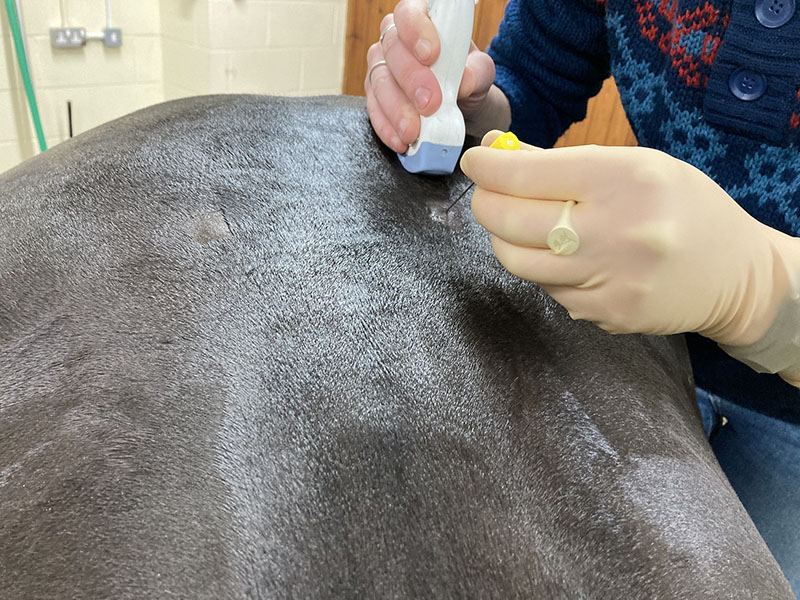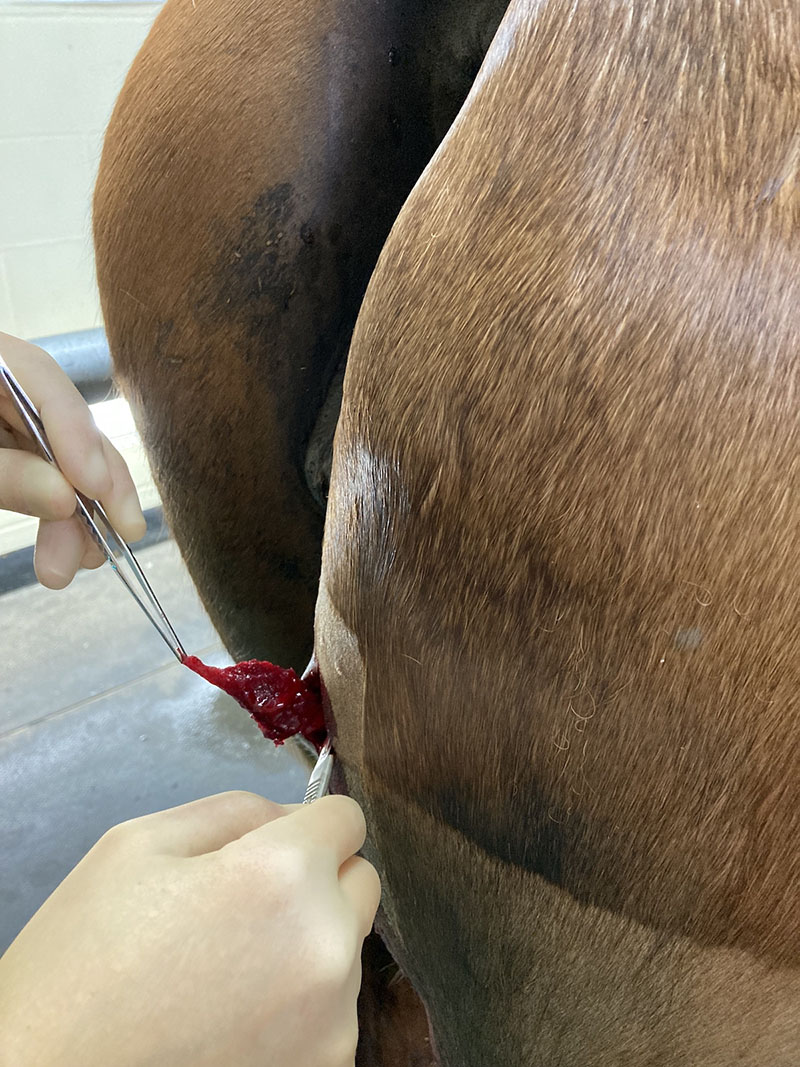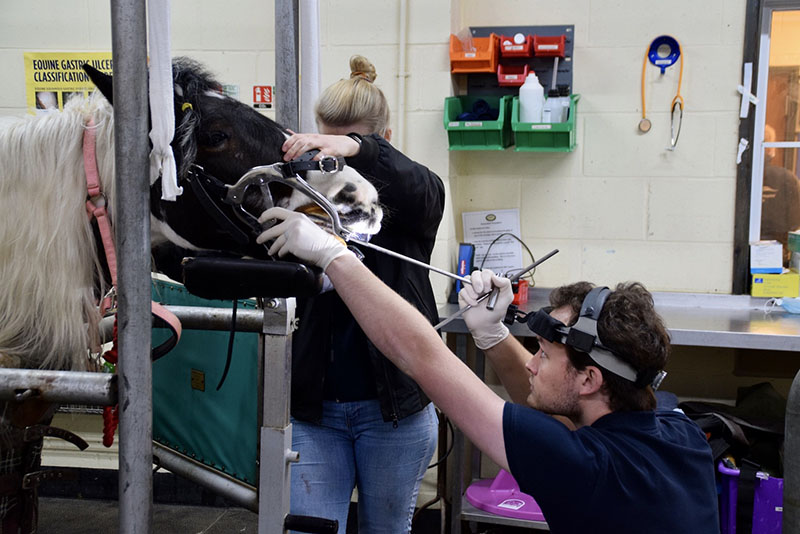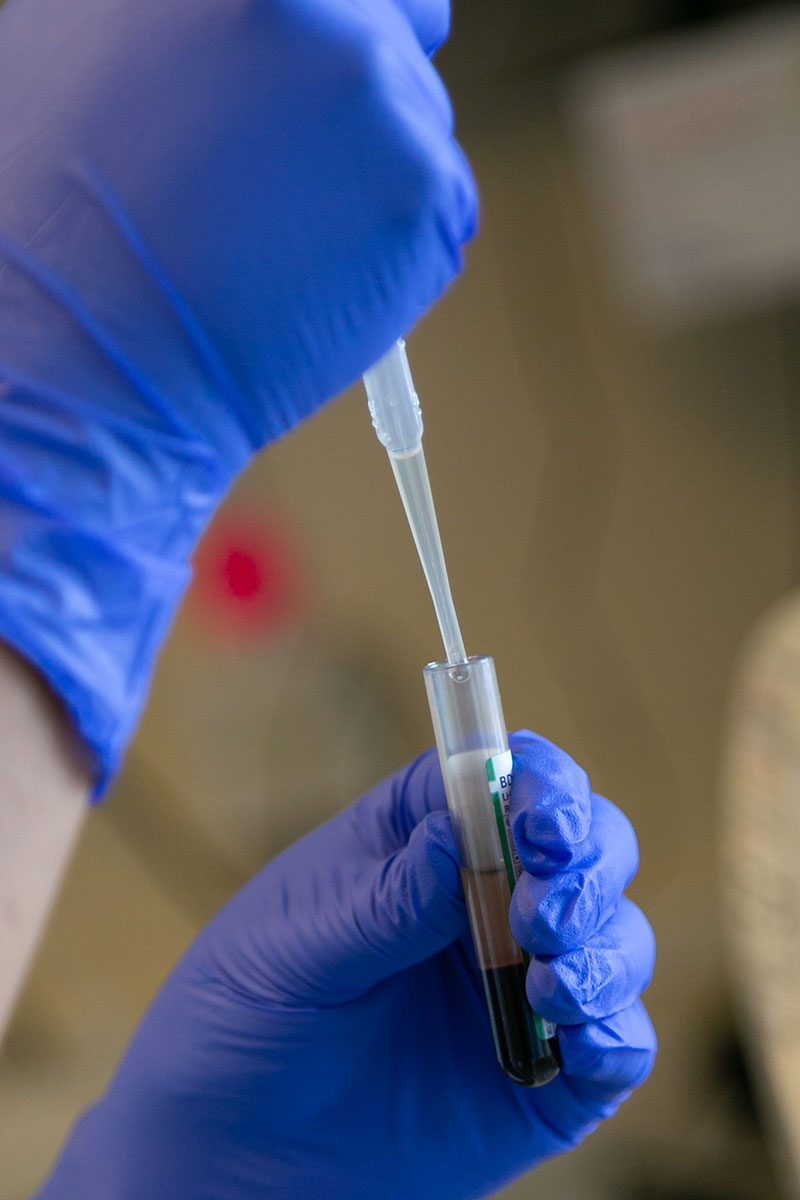Poor Performance
Poor performance is a common cause for concern, particularly in sport horses. Sometimes it can be caused by an obvious lameness, however more often than not, there is a subtle change felt by the rider, that is not exhibited as obviously as a lameness - that's where a poor performance workup comes into play. There are a number of potential causes and areas to investigate:
Lameness:
Lameness is a common cause (as mentioned above), however it is not always obvious. Whether it is a bilateral lameness that almost evens the horse out or bilateral hindlimb proximal suspensory desmitis can often affect behaviour as opposed to outright lameness. Some lamenesses only affect certain gaits too. We can analyse the horse with our Equigait gait analysis system for extremely accurate measurements of the horse's asymmetry. We also are able perform bone scans (nuclear scintigraphy), which is the best way to diagnose multi limb or upper limb lamenesses and shows us areas of increased bone turnover.
Airway:
An endoscopic exam is a common first diagnostic technique for horses wiht airway issues to look for any kind of obstruction or cause of noise. If the abnormality is not present at rest, we also have access to dynamic (aka overground) endoscopy, where the horse is ridden with the endoscope in place recording a video of the airway.
Another airway problem that can affect performance is lower airway issues e.g. inflammatory airway disease, where we might perform a bronchoalveolar lavage to analyse the types of cells there. If the lungs are not functioning properly, the horse may not be getting all of the oxygen it needs to perform.
Back pain:
There are a couple of potential types of back pain, but the most common would be kissing spines (aka over-riding dorsal spinous processes), where the horse has reduced space between adjacent thoracic vertebra, leading to pain from impingement and bone contact. This would be diagnosed with radiographs and block the back with local anaesthetic. Additionally, saddle fit is important to assess.
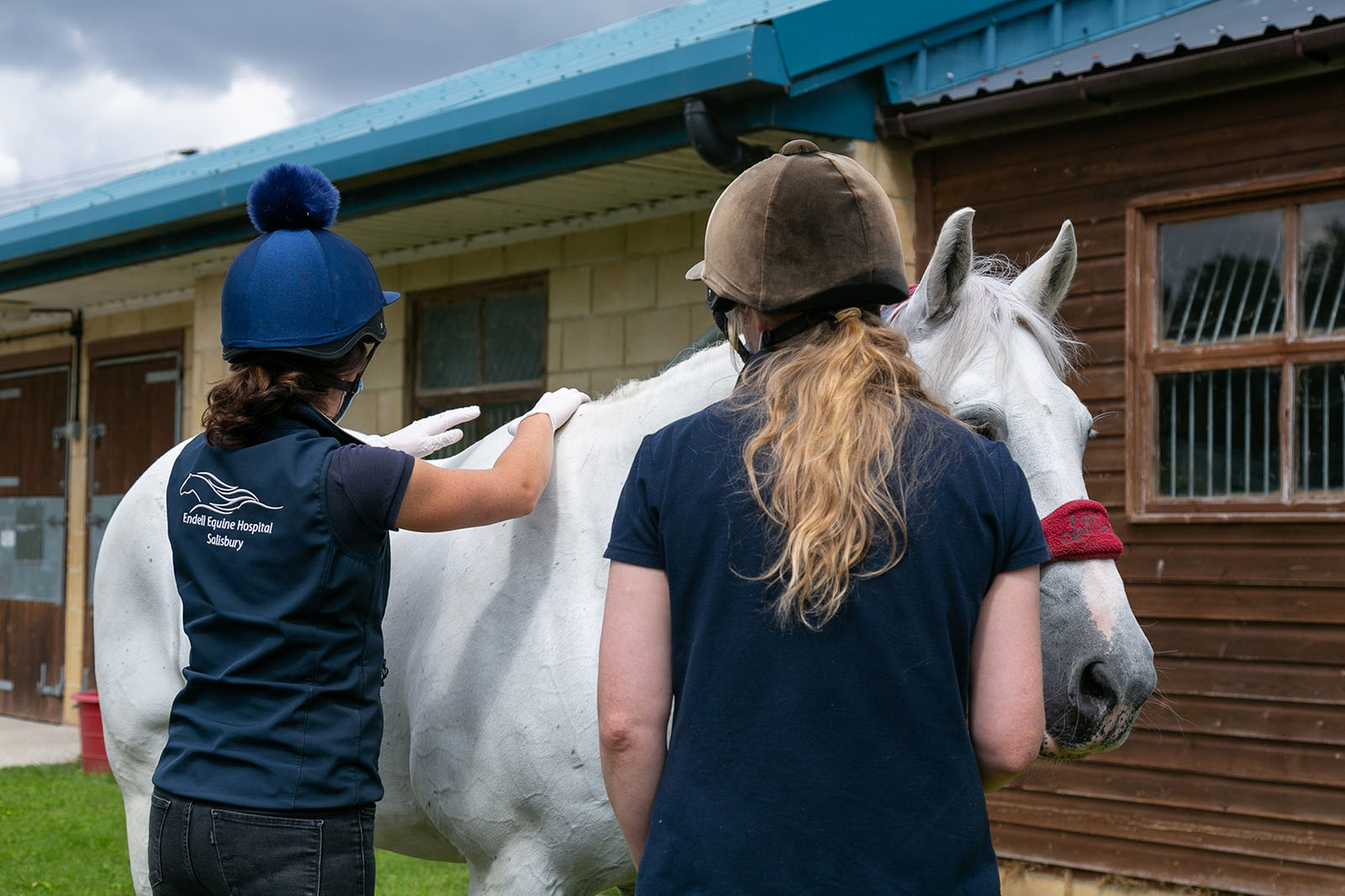
Sacroiliac (SI) pain:
Sacroiliac issues can be challenging to diagnose as often they don't necessarily present as outright lameness, but perhaps reduced power from the hind end. It is important to ensure the horse is sound, especially in the hind end, as hindlimb lameness can cause secondary back pain, however once taken care of, the SI area often needs some assistance.
Gastric ulcers:
Gastric ulcers are extremely common in horses - up to 100% racehorses and around 50% of sport/leisure horses. The only way to truly know if a horse has gastric ulcers is to perfrom gastroscopy and directly view the inside of the stomach for the presence of ulcers. We perform this procedure commonly and just requires standing sedation and all of the stomach including the common locations can be viewed and then based on that a treatment plan can be formulated.
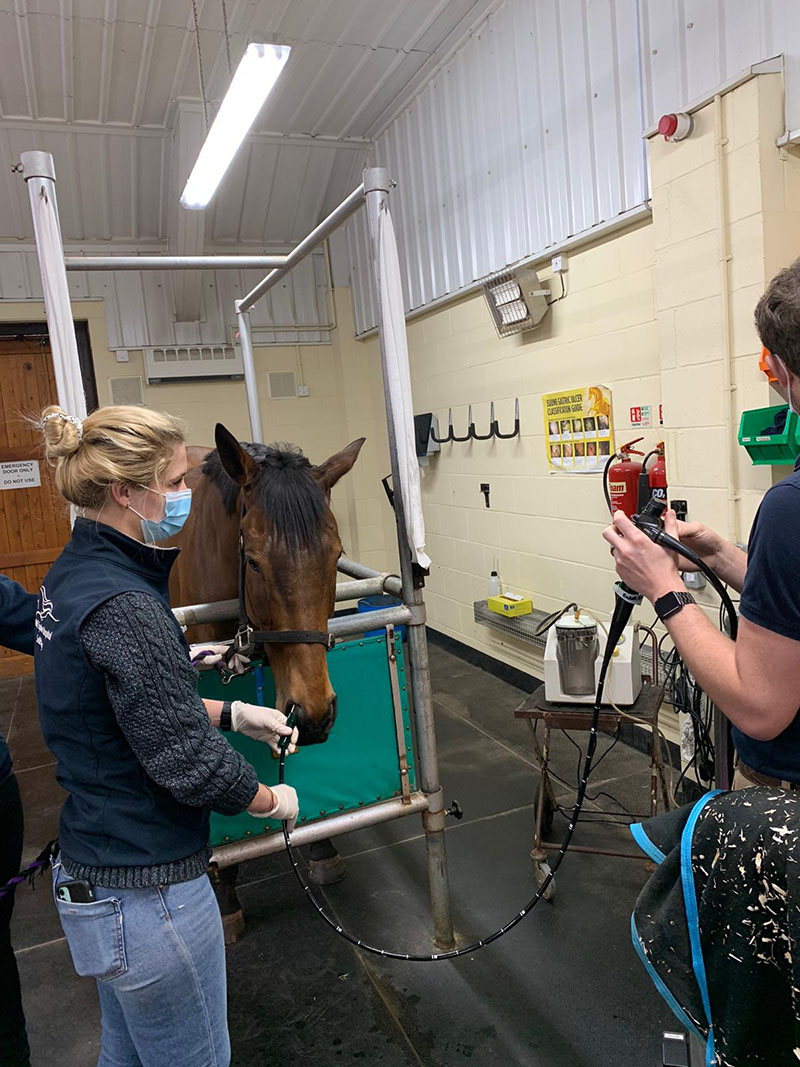
Muscle disorders:
Muscle disorders are not very common and can be difficult to diagnose, especially if the horse is not suffering for one at the time of veterinary examination. We can perform an exercise test where we test the muscle enzymes in the blood before and after exercise and see if they change appropriately or not. Also there are some muscle disorders that are diagnosed via genetic testing or by performing a muscle biopsy.
Dental/nutrition:
A lot of horses only need dental checks every 6-12 months for maintenance, however horses don't always show signs of pain from their mouth even if it is present. A detailed oral exam is important, whether with good sedation, a speculum and mirror or even an an oroscope (dental camera). In certain unusual cases, even a bone scan might be performed for dental disorders, where we've had cases that the performance improved following a tooth extraction, even though the oral exam was within normal limits.
With regards to nutrition, it can be challenging depending on if the horse is an "easy keeper" or struggles to put weight on no matter what you feed it. Discuss with our vets some nutritional recommendations for your individual.
Bloodwork:
Some horses may be stoic and not showing signs of pain or perhaps they are acting lethargic, without any other abnormal signs. Bloodwork is an easy way to analyse mutliple body systems e.g. muscle, liver, kidneys, inflammation quickly to give a pointer to a potential problem. We have a full service lab who are able to provide a very quick turnaround of blood results.
